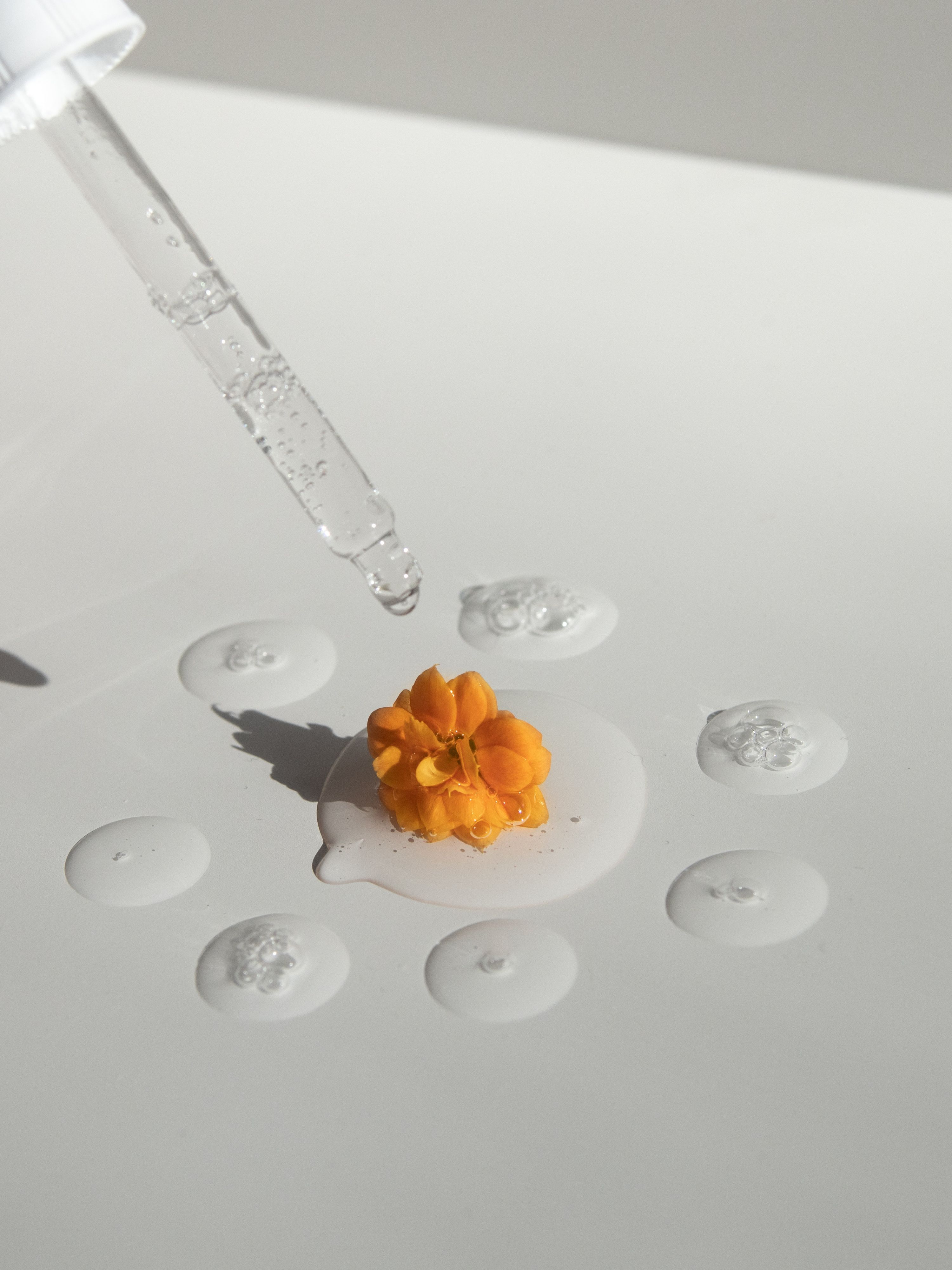A-Retinol: Unveiling Its Benefits, Usage, and Side Effects
A-Retinol has become a hot topic in the beauty community. Dermatologists, experts from various fields, and influencers all agree that achieving great skin often involves incorporating A-Retinol. But is this truly the case? In principle, I concur.
Within the Vitamin A family, A-Retinol (Retinoic Acid) stands out as one of the most stable derivatives. It offers the dual benefits of wrinkle reduction and skin hydration, while also addressing issues like enlarged pores, soothing acne inflammation, and promoting even skin tone through enhanced keratin turnover. These effects are precisely what individuals aiming for enhanced beauty desire. Naturally, its popularity is well-founded. The key lies in understanding the correct application methods to harness all of its potential.

The Vitamin A Family: A-Esters, A-Retinol, A-Aldehydes, A-Acids
In the Vitamin A family, commonly recognized members are A-Esters, A-Retinol, A-Aldehydes, and A-Acids. A-Acids, due to their strong exfoliating properties, are prohibited for direct inclusion in skincare products. They are either prescribed by medical professionals or obtained in the form of creams or gels containing A-Acid from pharmacies.
A-Esters, A-Retinol, and A-Aldehydes can be incorporated into cosmetics, but they need to be converted into A-Acids to exert their effects once absorbed into the skin. The transformation sequence is A-Esters → A-Retinol → A-Aldehydes → A-Acids. This progression highlights A-Esters as the gentlest, necessitating three conversions to become active A-Acids. A-Retinol requires two conversions, while A-Aldehydes require just one. While A-Aldehydes offer quick results, they can be more irritating than A-Retinol. Taking all factors into consideration, A-Retinol emerges as the most commonly utilized Vitamin A derivative in skincare products.
Considering the points above, it becomes evident why A-Retinol has gained such popularity. It combines effectiveness, stability, and gentleness.
Is Higher Concentration of A-Retinol Better?
Numerous sources indicate that both low and high concentrations of A-Retinol offer skin-repairing benefits and achieve satisfactory skincare results. Those interested in using A-Retinol products need not fixate solely on concentration levels. Product efficacy isn't solely determined by the "potency" of individual ingredients. A well-designed skincare product incorporates not only its core components but also considers appropriate concentrations and quality stability when determining effectiveness.
Furthermore, A-Retinol is vulnerable to degradation from sunlight and air exposure. Therefore, when purchasing, opt for non-transparent packaging to ensure its stability.
Common A-Retinol Skincare Questions & Dos and Don'ts of A-Retinol Usage
Q1: Can A-Retinol skincare products be used daily?
This depends on the concentration of A-Retinol and individual skin tolerance. While many brands tout gentle A-Retinol formulations that don't require acclimatization, skin tolerance varies. It's advisable to proceed gradually: begin by applying a small amount behind the ear. If no adverse reactions occur, starting with twice a week is recommended, eventually progressing to daily use if no issues arise.
Q2: Does frequent A-Retinol use lead to thinner and more sensitive skin?
Appropriate use of A-Retinol actually promotes healthy and resilient skin. A-Retinol induces skin repair, resulting in increased skin thickness.
Q3: Can A-Retinol be used alongside acidic ingredients?
For those new to A-Retinol, it's not recommended to use both simultaneously. Both ingredients can potentially cause mild irritation. It's advisable to start with one before considering their combination. Once skin reactions are ruled out, using A-Retinol alongside other acidic ingredients proves effective, particularly in soothing UV-induced damage and improving skin texture.
Q4: What's the optimal age to start using A-Retinol?
This question parallels inquiries about the ideal age to begin anti-aging skincare—it lacks a definitive answer. However, A-Retinol is suitable for long-term use. It enhances skin firmness and elasticity, making it ideal for addressing aging concerns. Additionally, its ability to promote even skin tone through keratin turnover makes it useful for maintaining healthy skin even before significant aging signs appear.
#skincare #beauty#retinol#antiaging#VIIcode#eyemask#oxygenskincare
